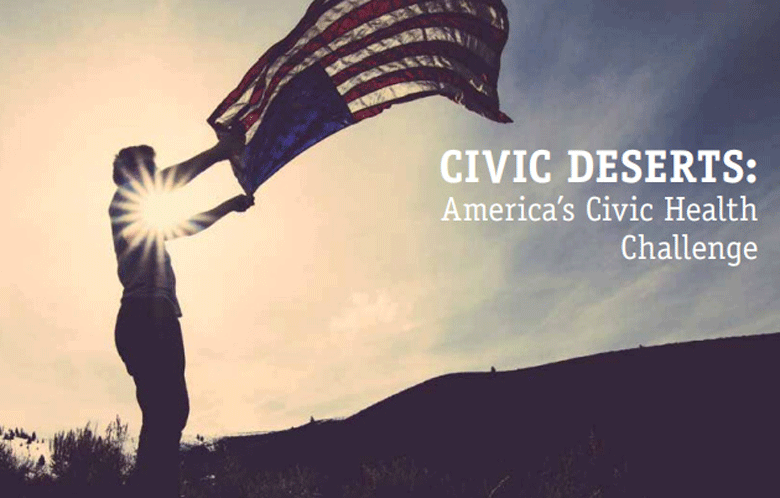Like most of Generation Z, many of my early life milestones were bookmarked by incredible socio-political events. I graduated high school in 2016, the same year as a shocking U.S. presidential election and the second deadliest mass shooting in the country.
When I graduated from college in 2020, the first in my family to do so, it was via Zoom, sitting in the family room of a friend’s childhood home while the coronavirus pandemic was in its earliest phase, wreaking havoc across the world.
As dramatic as it sounds, this is the world we are all navigating, albeit with different proximities to the crisis. Youth, in particular, hold a unique amount of the world’s weight as they work to find their place in the fight for an equitable, healthy, resilient future, all while often being too young to vote.
“Listening to young people offers an important perspective from someone who will be living in this world for the next 50 years.”
This endeavor is made increasingly complicated for rural youth, as the bridge between our lawmakers and the concerns of rural communities has not been masterfully constructed.
Following the 2016 presidential election, the Center for Information & Research on Civic Learning and Engagement (CIRCLE) at Tufts University conducted a study that found a majority of youth residing in rural areas live in what is called a “civic desert.”
A civic desert is an area characterized by a severe lack of access, opportunities, and resources designed to encourage civic engagement.
The lack of reliable public transportation, the limited financial and public infrastructure to invest in youth-focused groups and organizations, the geographical distance between rural youth and the space where a majority of civic resources take place, and inadequate political engagement on rural issues all are contributing factors to civic deserts being prominent in rural communities.
“There is not a large population of young people in rural areas to begin with,” said Edge Venuti, a Washington County-based rural youth organizer with JustME for JustUS, a youth-led organization advancing climate justice and civic engagement in Washington, Hancock, Penobscot, Franklin, and Kennebec counties.
“This makes traditional coalition building very difficult,” she says. “Additionally, due to our distance from the state house and any major city, rural youth may not know who their local representatives or law makers are.”
The study conducted by CIRCLE indicates that youth living in a civic desert are generally less experienced in civic and political life and largely disengaged from politics. This was true of my lived experience, in which the first time I learned of Maine’s legislative accomplishments and set-backs was during my junior year of high school when I attended Dirigo Girls State at Husson University. The opportunity came at a time I could drive myself, since my family was often too busy working to provide transportation to extracurriculars.
Perhaps the only good thing to come from the COVID pandemic was the increase in remote and digital-based organizing. Despite broadband limitations across rural America, the internet and social media have allowed new opportunities for civic participation in various organizations, coalitions, and social movements that are increasingly used by young folks.
In fact, social media has been used effectively as a tool for social justice activism in the wake of a global pandemic, the Black Lives Matter movement, and the very real fear around a changing climate.
Young folks possess many characteristics that make them powerful civic actors, not the least of which are their unique perspectives on local issues and being an inexhaustible source of energy and passion for social change.
“Listening to young people offers an important perspective from someone who will be living in this world for the next 50 years,” Venuti says. “Everything changes all the time and it’s important to listen to the younger generation because they understand the change while it is happening, and they do so very differently than the majority of our lawmakers.”
Putting the fears, questions, passions, and demands of our younger citizens at the heart of policy is when our representatives and lawmakers will have the most impact, because it is today’s youth who will define the next generation of politics.
Larissa Holland is development advisor for the nonprofit JustME for JustUS.





